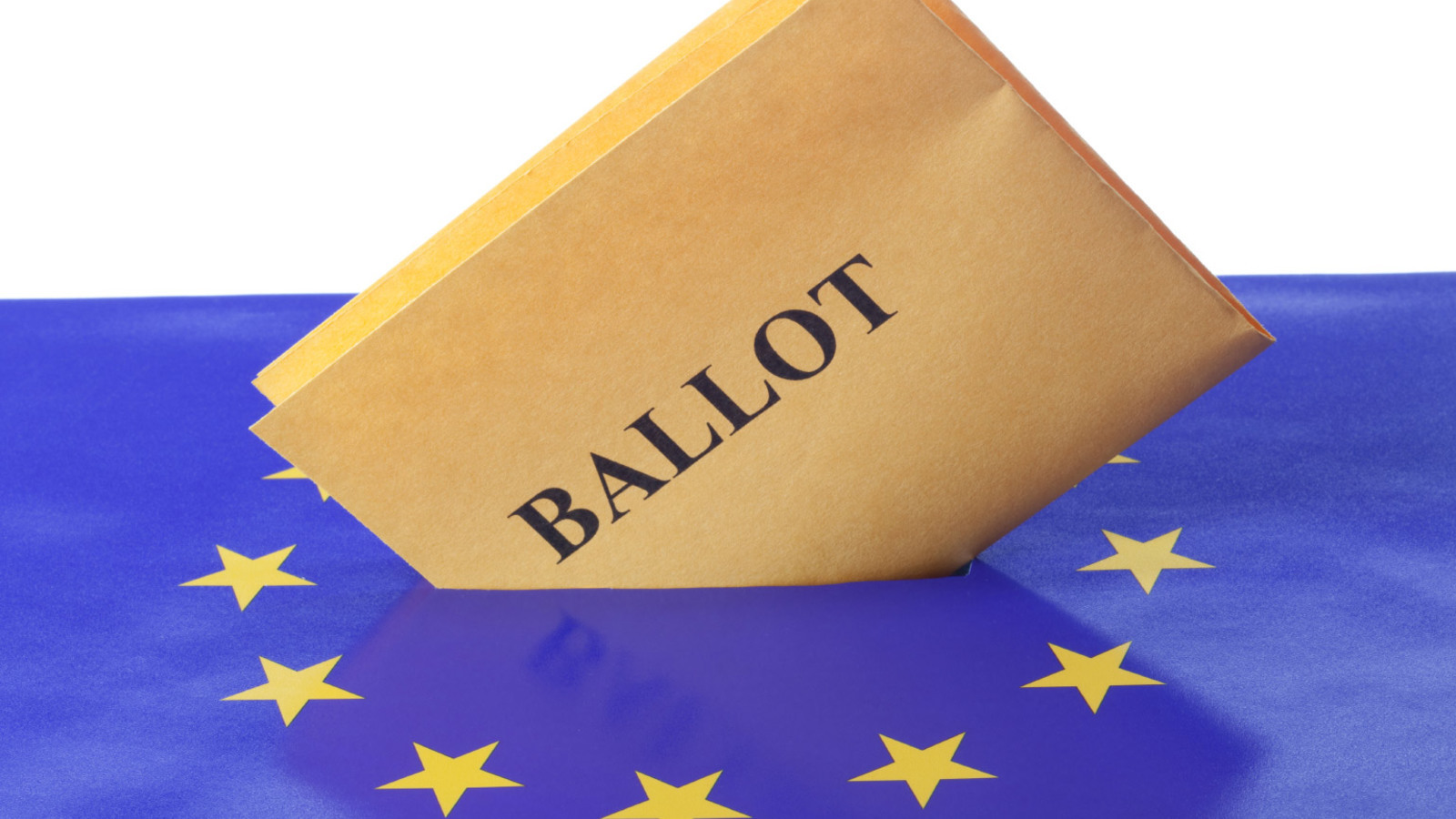
'An ever closer union between ever different countries'
Geschreven door op 05-06-2015
"An ever closer union between ever different countries." - Bruno Maçães, Portuguese Minister for Europe
Crunch-time has come for the European Union. With a narrow majority election victory under his belt, British Prime Minister David Cameron is now focused on the next big choice the British public will have to make. It was a vital part of his election campaign, and it will likely prove to be a vital moment for all of Europe: the referendum about a possible Brexit, scheduled to take place sometime before 2017. The European Union is (once again) a hot topic, and many will start to wonder whether we are passed its 'best before' date.
Although there are many legitimate issues and talking points concerning the future of the European Union, a broad public campaign requires sound bites and populist one-liners that hit home. The British, along with other reform-wishers, have found their required straw man in the form of a clause in the preamble to the 1957 Treaty of Rome; nowadays know as the Treaty on the Functioning of the European Union (TFEU). It is, as you've most certainly heard, the striving for "an ever closer union among the peoples of Europe," which has recently been the target of much rhetoric abuse.
It seems we have come to a point of saturation in terms of closeness. Fear of loss of autonomy and national identity has caused a surge in patriotism (and sometimes even nationalism) across large parts of Europe. Due to the diverse, tumultuous, and rich history of the many states that compose the European Union, it looks like the ever-closer union may have gone a bridge too far.
But what is an ever-closer union? It seems the current resentment against the European Union is based upon a hyperbolic fear for a supranational European identity and state, which will abolish any and all individuality among the member states. Although clearly irrational, incredible, and idiotic, this hypothetical scenario is used to garner support for EU reform: anything and everything to avoid that ever-closer union.
The problem is, however, that no one is certain what that ever-closer union exactly entails, which means no one is certain what the European Union is. Is it a confederation, or a federation? What kind of ever-closer union are we working towards? For example, the unilateral right to withdraw from the Union wasn't introduced until the Treaty of Lisbon in 2009. By definition, one of the crucial differences between a confederation and federation is that membership is voluntary in the former, and involuntary in the latter. This is hardly decisive though, since many other elements of the European Union show clear federalist notions, such as open borders, the European Court of Justice, a common currency (for most, not all), and common economic policies.
Brussels, as a euphemism for the European Union, has become notorious for the sheer bulk of rules and regulations it creates, concerning things as arbitrary as the packaging of olive oil. It might be time, however, for the European Union to divert some of that olive-oil-packaging-rule-making time and energy towards determining what sort of ever-closer union we are working towards. Because how can we be for or against something, or want to change the direction for that matter, when no one knows exactly what that direction is? We have collectively boarded a bus that is heading towards 'Union', but not even the driver knows what route we're taking, or what and where Union is. We have committed to this journey, but at the next stop the Brit is going to decide whether to get out or not, leaving the rest of the passengers wondering what this means for the rest of our trip. Perhaps a road map will help us make a more informed decision.
